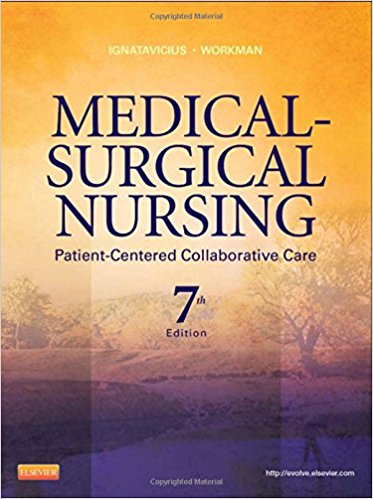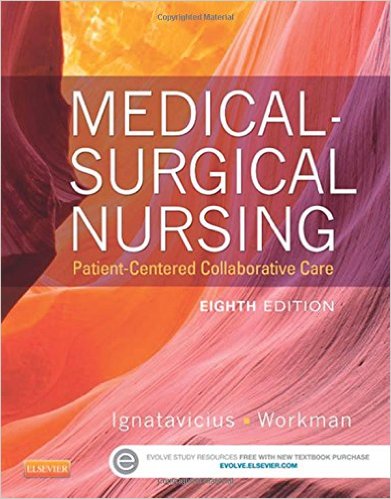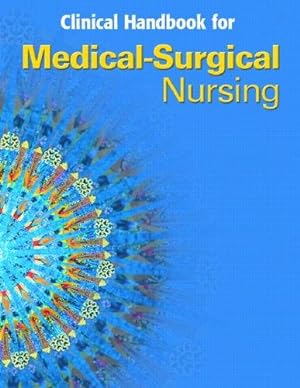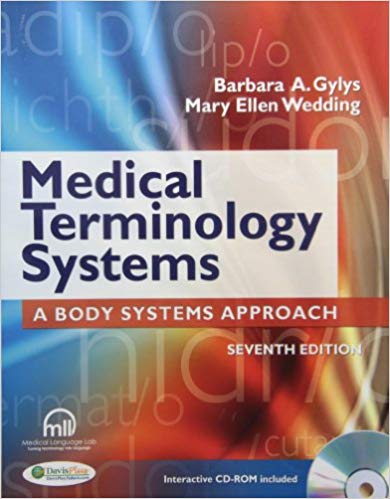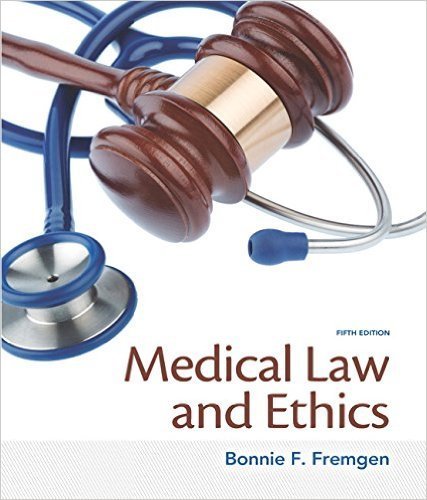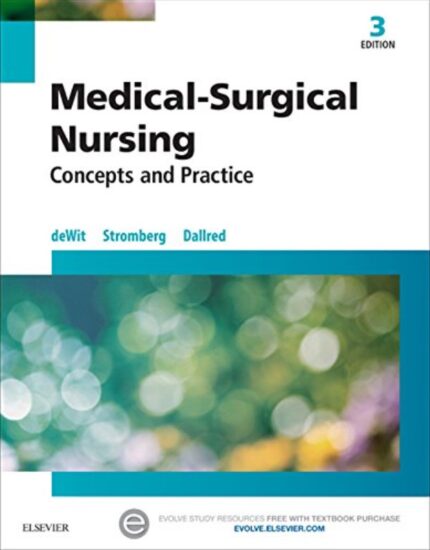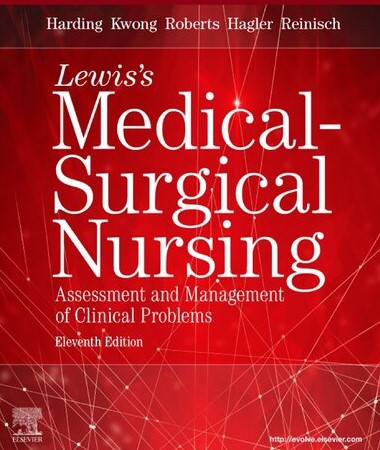Medical Surgical Nursing Patient Centered Collaborative Care 7th Edition by Donna D. – Test Bank
Chapter 4: Cultural Aspects of Health and Illness
Test Bank
MULTIPLE CHOICE
1. The nurse is caring for a client from another culture. Which action would demonstrate the first step of developing cultural competence?
|
a. |
Avoiding assuming that members of the same culture all share the same beliefs and values |
|
b. |
Developing an understanding of his or her own cultural heritage, feelings, and experiences |
|
c. |
Becoming bilingual to communicate effectively with the population of clients served |
|
d. |
Developing an understanding of the religious beliefs of clients served by the nurse |
ANS: B
Becoming culturally competent first requires the nurse to examine his or her feelings and experiences regarding diversity and to start with an understanding of the nurse’s own heritage. General assumptions about cultural groups are similar to stereotyping and should be avoided. It is difficult to become fluent in many languages because the area in which the nurse works may serve many different populations. After examining personal views, the nurse will need to learn more about specific cultural differences to develop an appreciation for the values and beliefs of clients and co-workers.
DIF: Cognitive Level: Application/Applying or higher REF: N/A
TOP: Client Needs Category: Psychosocial Integrity (Cultural Diversity)
MSC: Integrated Process: Caring
2. The nurse is developing a teaching plan on cultural sensitivity for colleagues who are caring for clients from other cultures. What action by the nurse might a client of another culture interpret as culturally insensitive?
|
a. |
Making sure that an Arab female client is covered during the assessment |
|
b. |
Avoiding making direct eye contact with a male American Indian client |
|
c. |
Not encouraging a Japanese-American client to express feelings openly |
|
d. |
Hugging an Egyptian-American female client who has received bad news |
ANS: D
The nurse should avoid physical touch with clients of cultures other than his or her own because touching by strangers may be unacceptable, even in stressful situations. It is always acceptable practice to make sure that clients are completely covered when providing care and carrying out assessments. Although eye contact in American culture is a positive communication technique, it may be viewed as disrespectful in other cultures. If a client is from another culture, it is good practice to research how he or she might respond to a specific intervention before implementation.
DIF: Cognitive Level: Comprehension/Understanding REF: p. 31
TOP: Client Needs Category: Psychosocial Integrity (Cultural Diversity)
MSC: Integrated Process: Caring
3. A Mexican-American client is insistent that her family members stay with her in her hospital room while she is recovering from surgery. What will be the priority action of the nurse?
|
a. |
Explain the policy of the hospital regarding visitors. |
|
b. |
Ask the Spanish-speaking chaplain to help explain why this is unacceptable. |
|
c. |
Arrange for additional beds to accommodate family members’ overnight stay. |
|
d. |
Notify the physician of the client’s anxiety and suggest a prescription. |
ANS: C
If a client asks that family members stay, the nurse should facilitate this process by making arrangements and notifying the administration. Although it is important for visitors to understand hospital policies, it is possible that the administration will be willing to change policies, within reason, to meet client needs. It is always acceptable to arrange for interpreters if there is difficulty communicating with a multicultural client in his or her language. However, in this case, the chaplain does not have to explain why it is unacceptable because the request is within reason. The physician can be notified that the client is upset, but if allowing the family to stay decreases the client’s anxiety, then antianxiety medication usually is not necessary.
DIF: Cognitive Level: Application/Applying or higher REF: N/A
TOP: Client Needs Category: Psychosocial Integrity (Cultural Diversity)
MSC: Integrated Process: Caring

